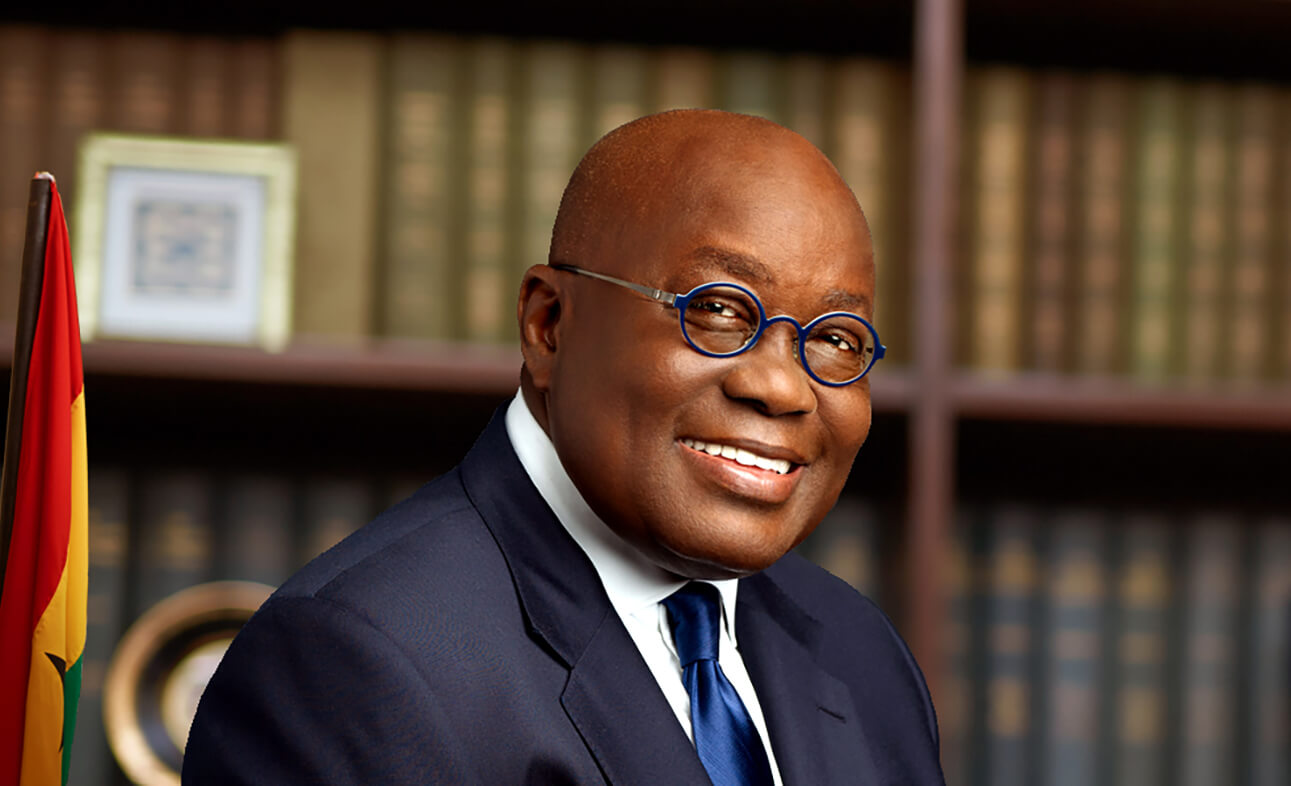Ghanaian President Nana Akufo-Addo has secured a second term in office, after garnering 51.59% of the votes. He defeated former President John Mahama, who received 47.36% of votes, illustrating the tight-knit nature of the election. In total, over 13 million voters participated from the list of around 17 million registered voters, choosing from 11 presidential candidates. As per the country’s election rules, a candidate must secure over 50% of the votes to avoid a run-off; hence, the incumbent president is no doubt relieved by the close margin of his victory.
The chairperson of the Electoral Commission, Jean Mensah, said that the final tally had not yet been received from Techiman South, but remarked that regardless of the result in that area, the final result of the election will remain unchanged.
Unfortunately, although the two candidates signed a Presidential Elections Peace Pact on December 4, there have nonetheless been five reported deaths and multiple injuries. In fact, the Ghanaian Police Service has recorded 60 incidents of violence since Monday alone. Aside from the violence, opposition leader Mahama has accused Akufo-Addo of abusing his position of power to “use the military to try and overturn some of the results”.
These allegations by Mahama are hardly surprising, given that before the election, he accused the ruling party of undermining the democratic process in the country by compiling a new voters register for this election. In fact, he even threatened to not recognise the results.
12,000 election observers across the country, however, have declared that the vote was ‘free and fair’. Likewise, the European Union’s chief electoral observer, Javier Nart, said that “Ghanaians voted freely,” adding, “While there were isolated violent incidents, both on election day and during the campaign … fears of violence and vigilantism, fortunately, didn’t materialise. They were minor isolated incidents, some of them tragic ones.” Furthermore, the Economic Community of West African States (ECOWAS) has also put its weight behind the electoral results, saying, “We appeal to political parties and their followers to refrain from any conduct that may undermine the successful conclusion of electoral process.”
The ruling New Patriotic Party (NPP), meanwhile, has criticized Mahama’s New Democratic Congress (NDC) party for prematurely declaring that they had secured a majority of 140 seats in the 275-seat parliament.
Akufo-Addo’s victory is seen as a reward for the pre-pandemic economic growth under his rule, with the country’s GDP expanding by more than 6% in 2017, 2018, and 2019. In addition, inflation had plummeted to 10%.
However, a coronavirus-induced a slump in commodity prices led to much of the optimism in the African continent’s biggest gold producer being tempered. In fact, the International Monetary Fund (IMF) now predicts that the country’s economy will grow by just 0.9% this year, while its debt to GDP ratio has skyrocketed to 62%.
In his victory speech, which was delivered from his home due to the pandemic, Akufo-Addo said, “My immediate task will be to begin the process of reversing the effect Covid-19 has had on our economy and on our lives,” adding, “Before the pandemic struck, Ghana in recent years was one of the fastest-growing economies in the world and, I give you my word, we will bring back that reputation.” He also called on both his party, the NPP, and the NDC to work together to iron out any tensions so as to ensure political stability and peace in the country.
The recently-concluded election represents Ghana’s eight consecutive democratic election, since returning to civilian rule in 1992, when recently deceased leader Jerry John Rawlings steered the country away from a military-led junta and won the popular election. In fact, the country has enjoyed peaceful transfers of power between the NPP and NDC in 2001, 2009, and 2017. Although there have been a few incidents of violence reported, this election, too, has been largely peaceful.
Ghanaian President Akufo-Addo Secures Narrow Re-Election Against Ex-Leader Mahama
Ghanaian President Nana Akufo-Addo secured 51.59% of votes compared to John Mahama’s 47.36%.
December 10, 2020

Ghanaian President Nana Akufo-Addo SOURCE: WAMPEX
